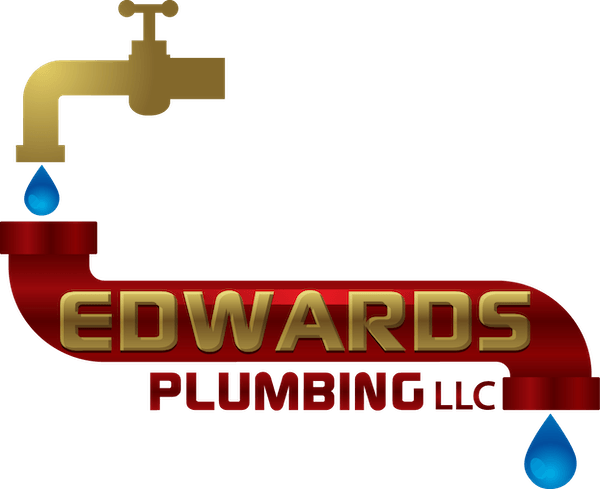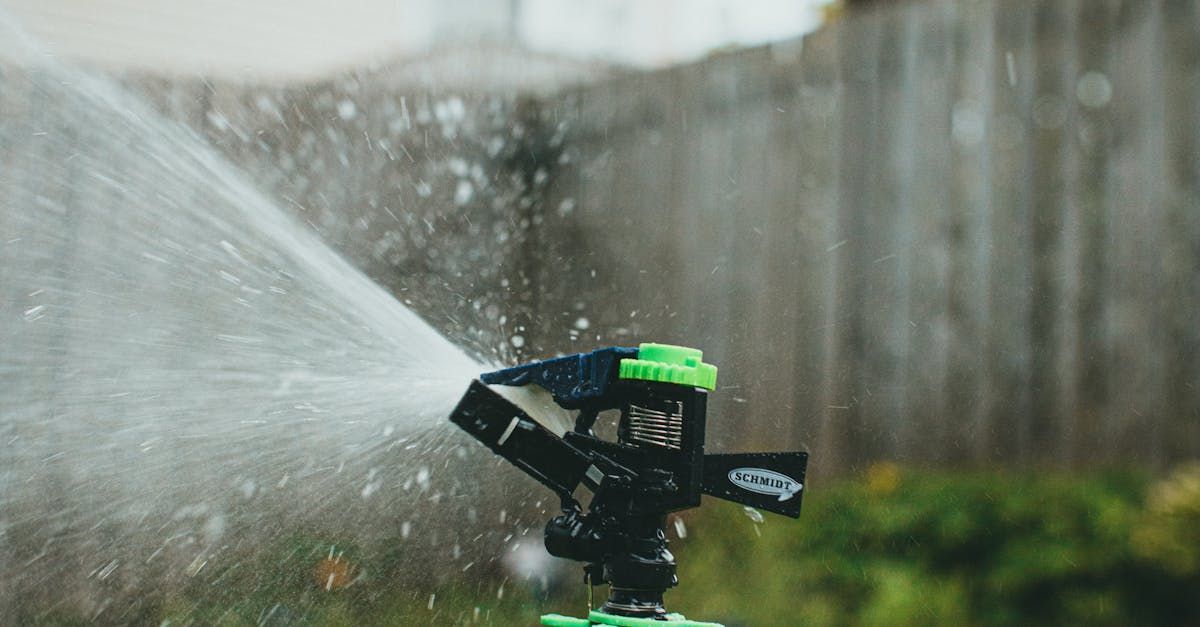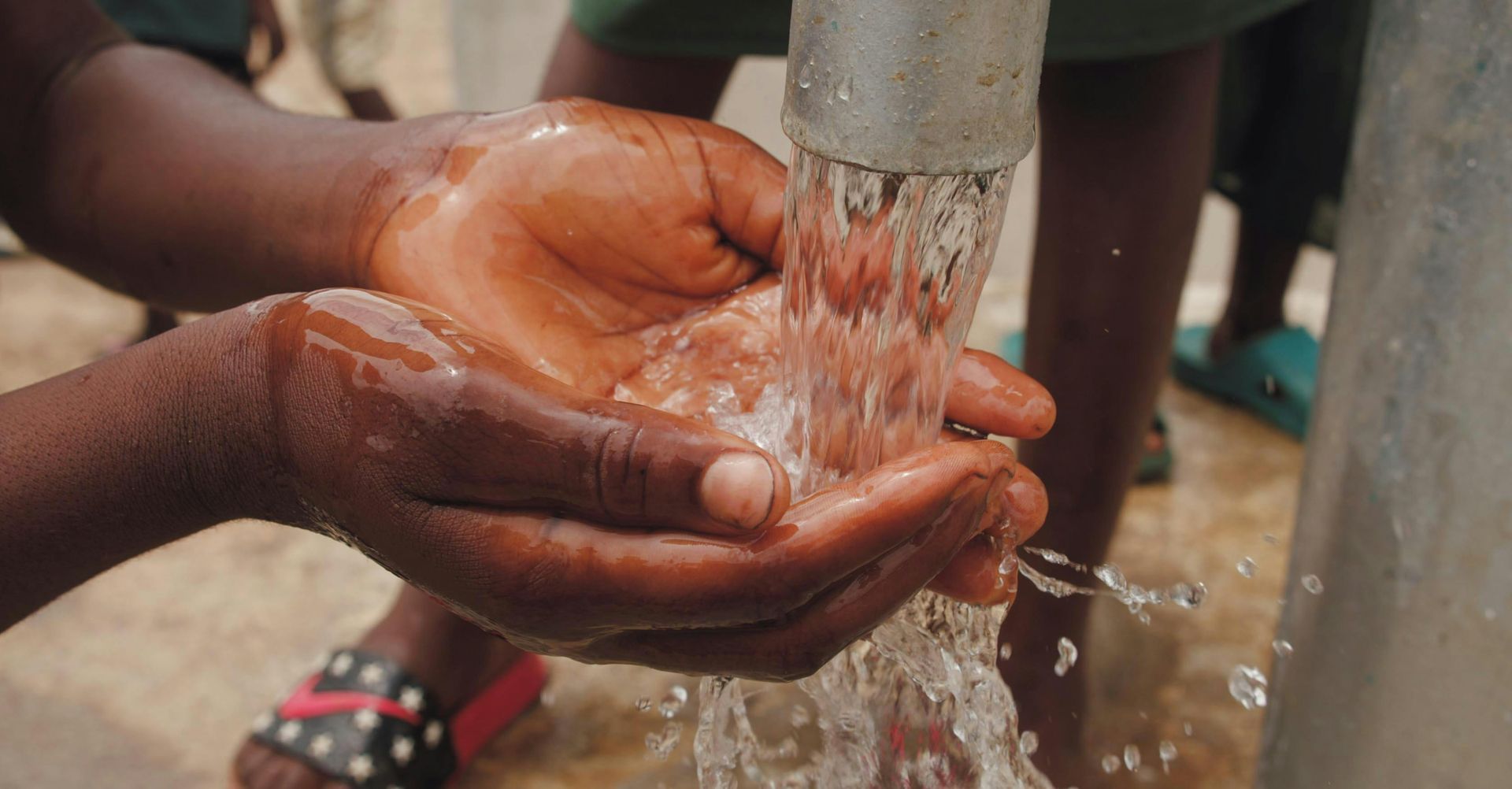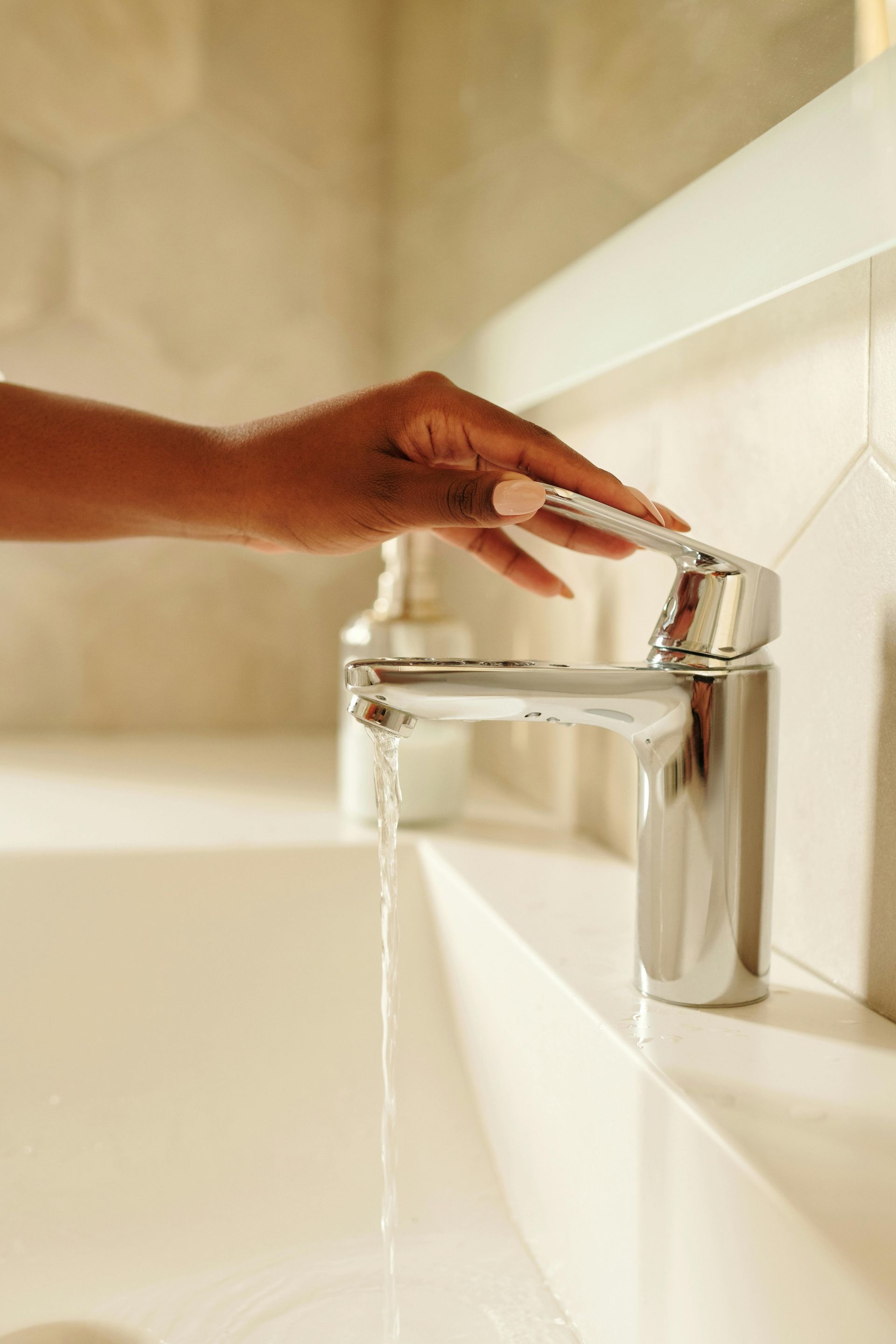The quality of the water within your home is extremely important!
Your plumbing system is an important part of your home. It brings clean water into your home and removes wastewater. However, the quality of the water in your home can have a significant impact on the health and longevity of your plumbing system.
Here are some of the ways that the water in your home can affect your plumbing system:
Hard Water
Hard water is water that contains a high concentration of dissolved minerals, such as calcium and magnesium. These minerals can build up in your plumbing system over time, wcausing clogs and reducing the flow of water. Hard water can also cause corrosion and damage to pipes and fixtures, which can lead to leaks and other problems.
Hard water can also leave deposits on surfaces such as sinks, toilets, and showerheads. Over time, these deposits can build up and become difficult to remove, leading to a dull, unsightly appearance. In addition, hard water can shorten the lifespan of appliances such as water heaters, dishwashers, and washing machines by causing mineral buildup in pipes and valves.
To prevent these issues, consider installing a water softener. A water softener removes the minerals from the water, which can help to extend the life of your plumbing system.
Corrosive Water
Some types of water can be corrosive to plumbing materials, such as copper and galvanized steel. Corrosive water can cause pipes to deteriorate over time, which can lead to leaks and other plumbing problems. Corrosive water is water that has a high level of acidity or low pH. When water has a low pH, it can dissolve metal plumbing components, including lead, copper, and zinc.
Corrosive water can also cause other problems, including damage to plumbing fixtures, appliances, and water heaters. It can cause pinhole leaks in copper pipes and result in discoloration or staining of sinks, toilets, and other fixtures. Additionally, corrosive water can create an unpleasant taste or odor in the water supply.
To address the issue of corrosive water, it is important to first identify the cause of the problem. Depending on the source of the issue, solutions may include treating the water with a neutralizing agent or installing a water filtration system to remove harmful substances. Regular water testing can also help to identify any potential issues and allow for a prompt intervention to address them.
If you suspect that your water may be corrosive, consider having it tested. If necessary, you can install a corrosion-resistant plumbing system, such as one made from PVC or PEX.
High Water Pressure
High water pressure can cause damage to your plumbing system over time. The increased pressure can cause pipes to weaken, which can lead to leaks and other problems. While high water pressure may seem like a good thing, as it can result in better water flow and increased water pressure for showers and faucets, it can actually cause several problems. For example, high water pressure can cause damage to pipes and fixtures, leading to leaks or bursts in the plumbing system. It can also cause excessive wear and tear on appliances, such as washing machines and dishwashers, shortening their lifespan.
High water pressure can also cause a variety of issues inside the home, such as noisy pipes, rattling or banging noises, and vibrating or shaking fixtures. These issues can be particularly annoying and disruptive, especially if they occur at night or during periods of heavy water usage.
To prevent damage from high water pressure, consider installing a pressure regulator. A pressure regulator can help to ensure that the water pressure in your home stays within safe levels.
Chlorine and Other Chemicals
Chlorine and other chemicals are commonly used to treat municipal water supplies to make the water safe to drink and use for household purposes. Chlorine is particularly effective in killing bacteria, viruses, and other harmful microorganisms that can be present in the water.
While chlorine and other chemicals are important for ensuring the safety of our water supply, they can also have some negative effects. For example, chlorine can give water an unpleasant taste and odor, which can be particularly noticeable when water is heated. Some people may also be sensitive to chlorine, experiencing irritation of the eyes, skin, and respiratory system.
In addition to chlorine, other chemicals can be present in municipal water supplies, including fluoride, disinfection byproducts, and other contaminants. To address the potential negative effects of chlorine and other chemicals in water, there are several options. One of the most common is to install a water filtration system, which can remove chlorine and other contaminants from the water supply. There are many different types of water filtration systems available, including carbon filters, reverse osmosis systems, and UV sterilization systems.
If you are unsure of the status of your home’s water quality it is important to test your water supply to identify any potential issues.
With 20+ years of experience,
Edwards Plumbing
is dedicated to providing the best care to your home's plumbing system. If you’re looking for a reliable plumber in the Pocono Area,
call
Edwards Plumbing today!
TELL US ABOUT YOUR PLUMBING PROJECT
Proudly Serving:
East Stroudsburg | Stroudsburg | Marshalls Creek | Bushkill | Tannersville | Bartonsville | Snydersville | Pocono Summit | Pocono Manor | Pocono Pines | Brodheadsville | Tobyhanna | Mt. Pocono | Saylorsburg | Pen Argyl | Effort | Easton | Lehighton | Lake Harmony | Pocono Lake | Kunkletown | Kresgeville | Gilbert | Long Pond | Jim Thorpe | Albrightsville | Blakeslee | and Other Surrounding Areas
Important Links
Contractor #: PA161379
Emergency Services Available
Shows that fifty or more customers have take the time to review our business. That's no small feat. This badge shows homeowners we're making an impression.
All Rights Reserved | Edwards Plumbing LLC | Powered by Quantifi Media












